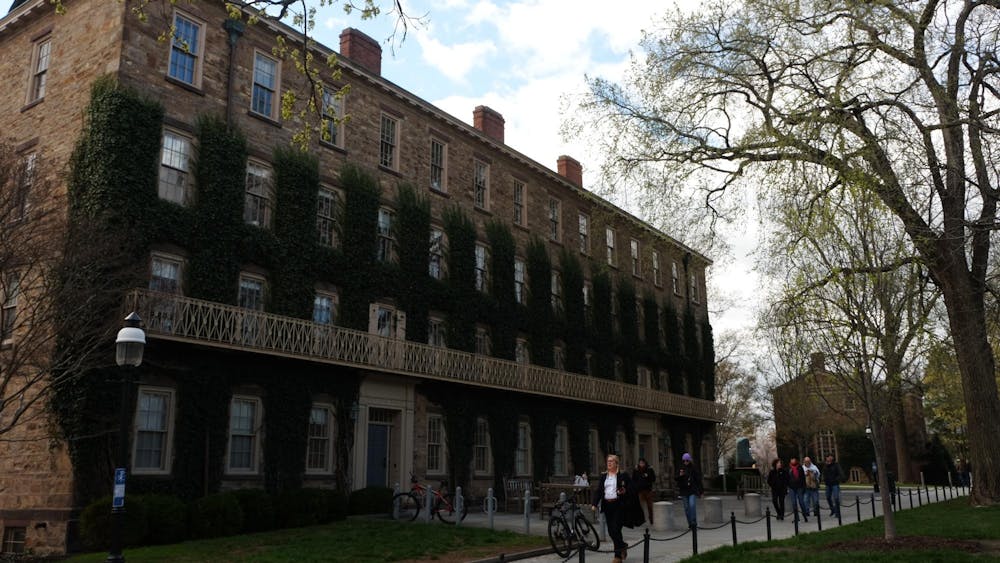In 2020, the Office of the Dean of Undergraduate Students (ODUS) quietly formed the Student Group Accountability Board (SGAB). While the SGAB has since been mentioned in training slides for officers of student groups, communication from ODUS and the University about the group to students has been limited.
Although it was created in 2020, ODUS recently updated its website to include information about the SGAB. It states that the board was created to “[adjudicate] possible violations of University policy by recognized and registered undergraduate student organizations.” Findings by the SGAB, however, apply only to student organizations and do not affect any individual student’s disciplinary record.
“The SGAB was established to help student groups have a voice in shaping peer accountability and ensure representation by student voices,” University spokesperson Jennifer Morrill wrote to The Daily Princetonian.
Like the Honor Committee, the SGAB is comprised of student representatives. Chaired by Assistant Dean for Student Programming Jelani Johnson, it contains student representatives from the Alcohol Initiative, Projects Board, Undergraduate Student Government (USG), Student Group Recognition Committee, and Performing Arts Council.
Unlike the Honor Committee and the Committee on Discipline, the names of students on the SGAB are not publicly available, which Morrill said was to “protect both the students and the integrity of the board.”
Both the Projects Board and the Alcohol Initiative are involved with funding distribution for student group activities. The Projects Board operates as the USG funding arm for events run by student groups.
Meanwhile, the Alcohol Initiative was established by the University in order to “foster a diversity of social options” by providing funds for events that create alcohol-free social gathering spaces during times when high-risk drinking is most likely to occur.
Morrill noted that all five groups have equal representation within the board and are “entities critical to the experience of undergraduate student organizations.”

While the SGAB investigates violations of University policy for student groups, its purview does not include hazing, which is investigated through a separate disciplinary process.
Potential violations are reported to the board through ODUS or made anonymously through the University’s EthicsPoint hotline. After a violation is reported, the SGAB and ODUS will review the infractions and can adjudicate the case through a hearing with the board and a representative from the student group.
At a hearing, SGAB will “consider whether there is clear and persuasive evidence that the student organization violated University policy,” and “if the organization is found responsible for one or more violations, SGAB will consider the appropriate penalty,” according to their website’s FAQs.
Possible penalties that can be applied to the group being called before the board include warnings, mandatory education/training sessions, loss of space reservation abilities, probation, suspension, and travel and/or budget restrictions.

In order to determine what penalty is appropriate, SGAB reviews all written materials provided by the organization and the report made, as well as considering the organization’s disciplinary record and the severity of the violation in comparison to previous cases and penalties imposed by the board.
Decisions will be provided to the president of the student organization in question by Johnson in writing.
ODUS declined to provide the number of cases that have come before the board since its creation.
Leela Hensler is a staff News writer and a staff Sports writer for the ‘Prince.’ She is from Berkeley, Calif. and can be reached at leela[at]princeton.edu.
Hayk Yengibaryan is a head News editor, senior Sports writer, and education director for the ‘Prince.’ He is from Glendale, Calif. and typically covers breaking news and profiles. He can be reached at hy5161[at]princeton.edu.
Please send any corrections to corrections[at]dailyprincetonian.com.








